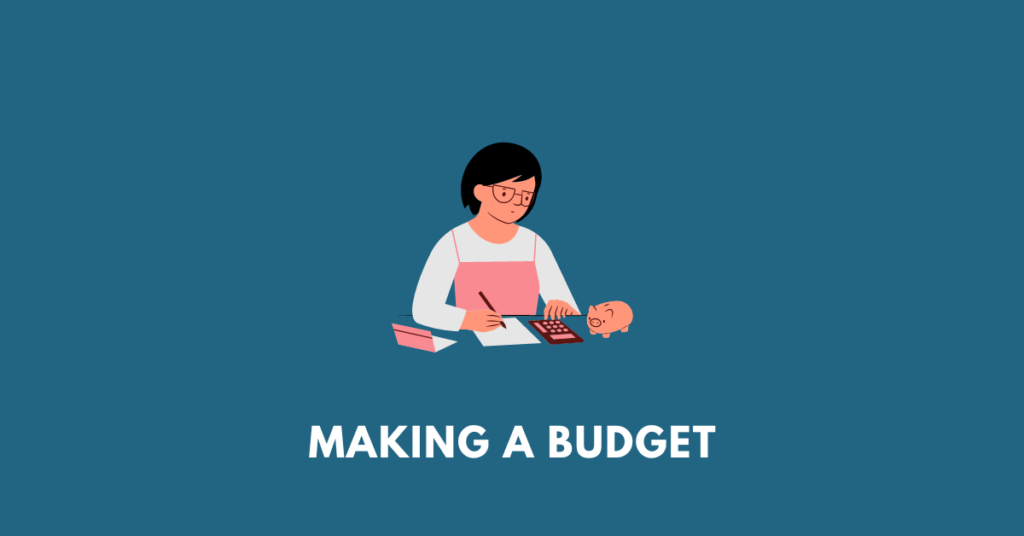Get summary, textual answers, solutions, notes, extras, MCQs, PDF of NBSE Class 9 Financial Literacy Unit 9 Making a Budget. However, the educational materials should only be used for reference, and students are encouraged to make necessary changes.
Summary
This chapter explains the importance of budgeting for both households and individuals. It begins by defining a budget as a financial plan that helps manage limited financial resources efficiently. By creating a household budget, families can allocate their income to various essential expenses such as loans, groceries, electricity, and medical bills. The chapter stresses that budgeting helps prevent reckless spending and brings peace of mind by reducing financial stress.
To prepare a household budget, the family must calculate its total monthly income from various sources, such as salaries, rental income, and investments. Next, they list all monthly expenses, including rent, utility bills, and education costs. Once the income and expenses are identified, the family can allocate money to each category. If expenses exceed income, some discretionary expenses, like vacations or entertainment, can be adjusted to balance the budget.
An older method of budgeting involves using envelopes for different types of expenses. Each month, money is placed in these envelopes, and spending is limited to the amount available in each envelope. Alternatively, families can record their budget on paper, ensuring they do not exceed their allocations.
The chapter also explains personal budgeting, which helps individuals manage money received from different sources, such as parents or grandparents. Budgeting teaches discipline and helps achieve financial goals. It also highlights the need to review and adjust the budget periodically to account for changes in spending patterns.
The chapter discusses the difference between discretionary and non-discretionary expenses. Discretionary expenses, like buying extra snacks, can be controlled, while non-discretionary expenses, such as medical emergencies, are unavoidable. Managing these expenses helps in achieving long-term financial stability.
Textual MCQs
1. A household budget is a
(a) personal
(b) family
(c) financial
Answer: b. family
2. Budgeting helps you to prevent reckless
(a) spending
(b) income
(c) saving
Answer: a. spending
3. ______ is an expense where we can have better control.
(a) non-discretionary
(b) discretionary
(c) financial
Answer: b. discretionary
4. By creating a ______ you can decide on how you will use your money.
(a) budget
(b) chart
(c) diagram
Answer: a. budget
Extra/additional MCQs
1. What is a household budget used for?
A. Allocating family earnings
B. Increasing income
C. Avoiding all expenses
D. Managing taxes
Answer: A. Allocating family earnings
10. What is the key element that helps achieve financial goals?
A. Income
B. Savings
C. Loans
D. Credit
Answer: B. Savings

Get notes of other boards, classes, and subjects
